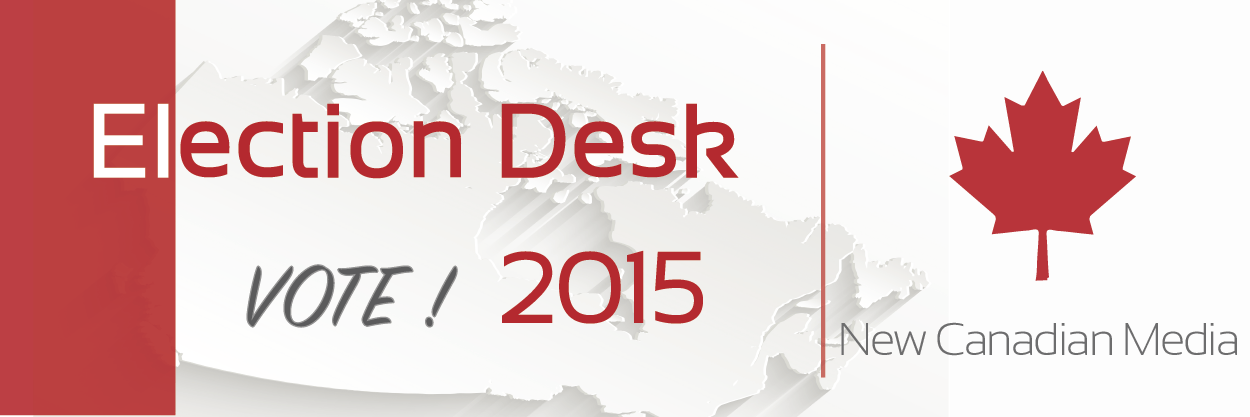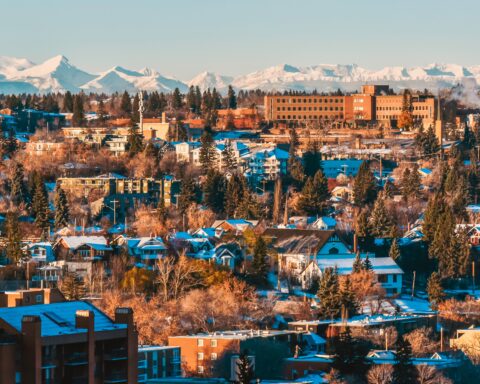 New promises by the governing federal Conservatives to investigate the relationship between rising housing prices and foreign investment in Vancouver may resonate with local voters this fall, but experts aren’t convinced that this issue is as dire as it is being made out to be.
New promises by the governing federal Conservatives to investigate the relationship between rising housing prices and foreign investment in Vancouver may resonate with local voters this fall, but experts aren’t convinced that this issue is as dire as it is being made out to be.
Set against a backdrop of downtown skyscrapers and portside businesses, Stephen Harper addressed a North Vancouver crowd earlier this month, pledging to collect data on foreign home ownership.
“There are real concerns that foreign, non-resident real estate speculation is the reason some Canadian families find house prices beyond their budgets,’’ Harper said.
“If such foreign non-resident buyers are artificially driving up the cost of real estate, and Canadian families are shut out of the market, that is a matter we can and should do something about.’’
However, for the Mayor of the city in which Harper made his announcement, this is a non-issue.
“I’m not convinced that [foreign ownership makes up] a large percentage,” said North Vancouver Mayor Darrell Mussatto. “Almost everyone I talk to – people I meet, local homeowners who are buying and selling homes – foreign ownership is not a big component of the people I’m dealing with.”
“It kind of surprises me that a government that got rid of the long-form census would now be interested in finding out who’s owning property.”
Instead, he feels that this announcement is rooted in political motivations and strategic timing. “It’s a political issue. It’s all politics. It’s got nothing to do with good policy,” Mussatto stated.
Given the upcoming federal elections this fall, speculation is that this announcement is timed to win votes with a local community that has been dealing with this ongoing issue for years.
“If [Stephen Harper] felt that way, why didn’t he do it (collect this data)? He’s been in power for eight years, why didn’t he do it?” Mussatto posited. “It kind of surprises me that a government that got rid of the long-form census would now be interested in finding out who’s owning property.”
Where the province stands
Contrary to Harper’s concerns that non-resident buyers might be driving up housing prices, the provincial government has a history of actively encouraging foreign investors to buy in British Columbia.
Just this year, Premier Christy Clark cautioned against limiting foreign investment in the province, raising concerns that restrictions in B.C. “could backfire.”
“We shouldn’t have guesses. We shouldn’t have intuition.”
Clark cited Ministry of Finance data, which suggested that there is little evidence of wealthy or foreign investors driving housing unaffordability in the city.
“There is a perception that foreign investors and speculators are driving an affordability crisis in residential real estate – particularly in Greater Vancouver. The data we have does not support this perception,” the analysis said.
This view mirrors Mussato’s understanding of the amount of foreign investment in the city.
While he admits that his experience is mainly limited to the North Shore, Mussatto stressed the need for concrete information before any policy decisions are made that might limit investment.
“We shouldn’t have guesses. We shouldn’t have intuition,” he said.
Many residents ‘seriously considering leaving’
Nevertheless, the intuition of many Vancouverites is that foreign ownership is indeed a large and growing problem in the city.
Earlier this year, the Angus Reid Institute conducted an online survey among Metro Vancouver adults to investigate the effects, causes and possible solutions to housing problems in the city.
It found that a majority of Metro Vancouver adults surveyed felt that foreign buyers and wealthy investors were to blame for driving up the price of homes in the region.
“If you cannot go and get into a housing market, then it doesn’t make you necessarily want to stay here.”
What’s more, the poll found that only 21 per cent of residents were happy about their current housing situation, while 45 per cent said that they were uncomfortable or miserable.
Of the 18 per cent who described themselves as miserable, 85 per cent said they are “seriously considering leaving” the region because of its high housing prices.
These frustrations reached a climax earlier this year, when more than 17,000 people signed a petition urging the province to restrict overseas investment in Vancouver real estate.
Penny Gurstein, a professor and Director of the School of Community and Regional Planning at University of British Columbia, has a theory about these frustrations.
“If you cannot go and get into a housing market, then it doesn’t make you necessarily want to stay here,” she said.
Gurstein, who is currently investigating strategies for affordable homeownership and rental housing both internationally and in Canada, said that anecdotal evidence suggests that foreign ownership is an issue in the city.
“But until we actually have measured data on this,” she explained, “we’re not going to be able to understand the issue.”
Published in partnership with Asian Pacific Post





